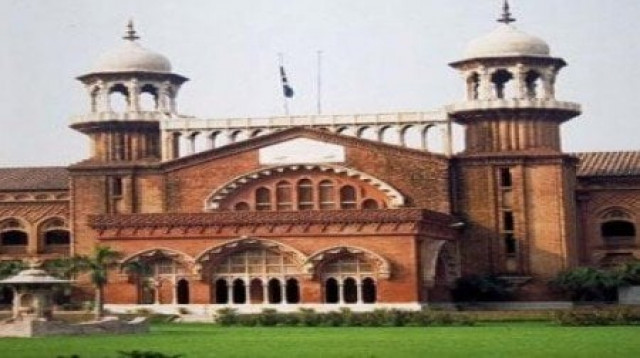The Lahore High Court (LHC) has issued a stay on an order by a Justice of the Peace directing local authorities to register a formal case against Suleman Shehbaz Sharif, son of Prime Minister Shehbaz Sharif, over an alleged cheque dishonour dispute. The court has requested detailed reports from the police and other relevant parties to clarify the circumstances of the complaint.
Background of the Dispute
The case stems from a complaint filed by an individual claiming to have sold laptops to Sharif Dairy Production, the company where Suleman serves as CEO. The complainant alleged dishonoured cheques worth approximately Rs1.166 million and demanded registration of an FIR against Suleman. However, counterclaims suggest the laptops were purchased personally by a company employee, Muhammad Raza, who is already facing separate fraud charges.
Legal Challenge and Court Response
Suleman Sharif’s legal team approached the LHC, seeking relief from registering the case without procedural fairness or due hearing. During the hearing, his counsel submitted that:
- The justice order was issued without notifying Suleman or conducting any formal hearing.
- The purchase was not linked to Sharif Dairy Production, and in fact involved personal procurement that was not company-related.
- A separate FIR already exists against the said employee involving fraud and stolen cheques.
The Chief Justice of the Lahore High Court responded by suspending the initial order and directing that police and other respondents submit comprehensive reports by the end of the month.
Court Orders and Next Steps
- The LHC has suspended the lower court’s order to register the case.
- A formal report is requested from law enforcement and concerned authority by July 31, after which the court will determine whether the case registration was justified.
- If required, the court may order a hearing before any FIR is officially recorded.
Implications & Broader Significance
This decision underscores key legal principles:
- The importance of fair procedure and opportunity to be heard before criminal case registration.
- Distinction between personal and corporate liability in cheque-related allegations.
- The judiciary’s willingness to intercede in potentially premature or unjustified FIRs.
It also highlights the high scrutiny faced by high-profile individuals, especially when legal matters intersect with political figures.
Conclusion
The Lahore High Court’s move to suspend the FIR registration demonstrates judicial prudence and a commitment to legal due process. By awaiting detailed input before allowing case registration, the court ensures that rights are safeguarded and overreach is prevented. All eyes are now on the forthcoming police report and how the case proceeds, shaping both the legal outcome and public discourse.



Comments (0)
No comments yet. Be the first to comment!
Leave a Comment